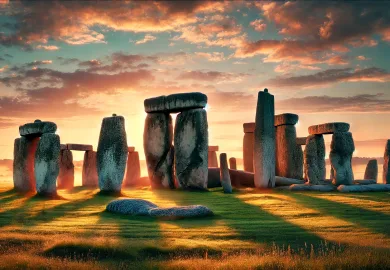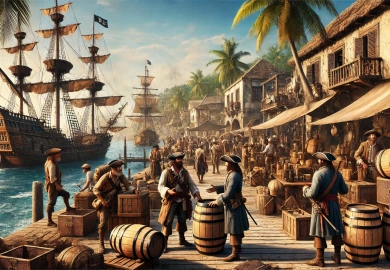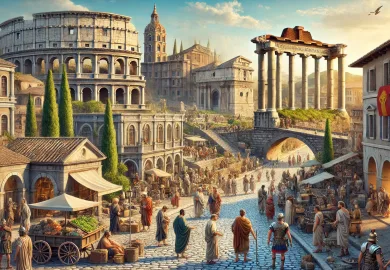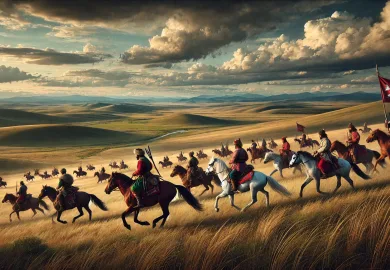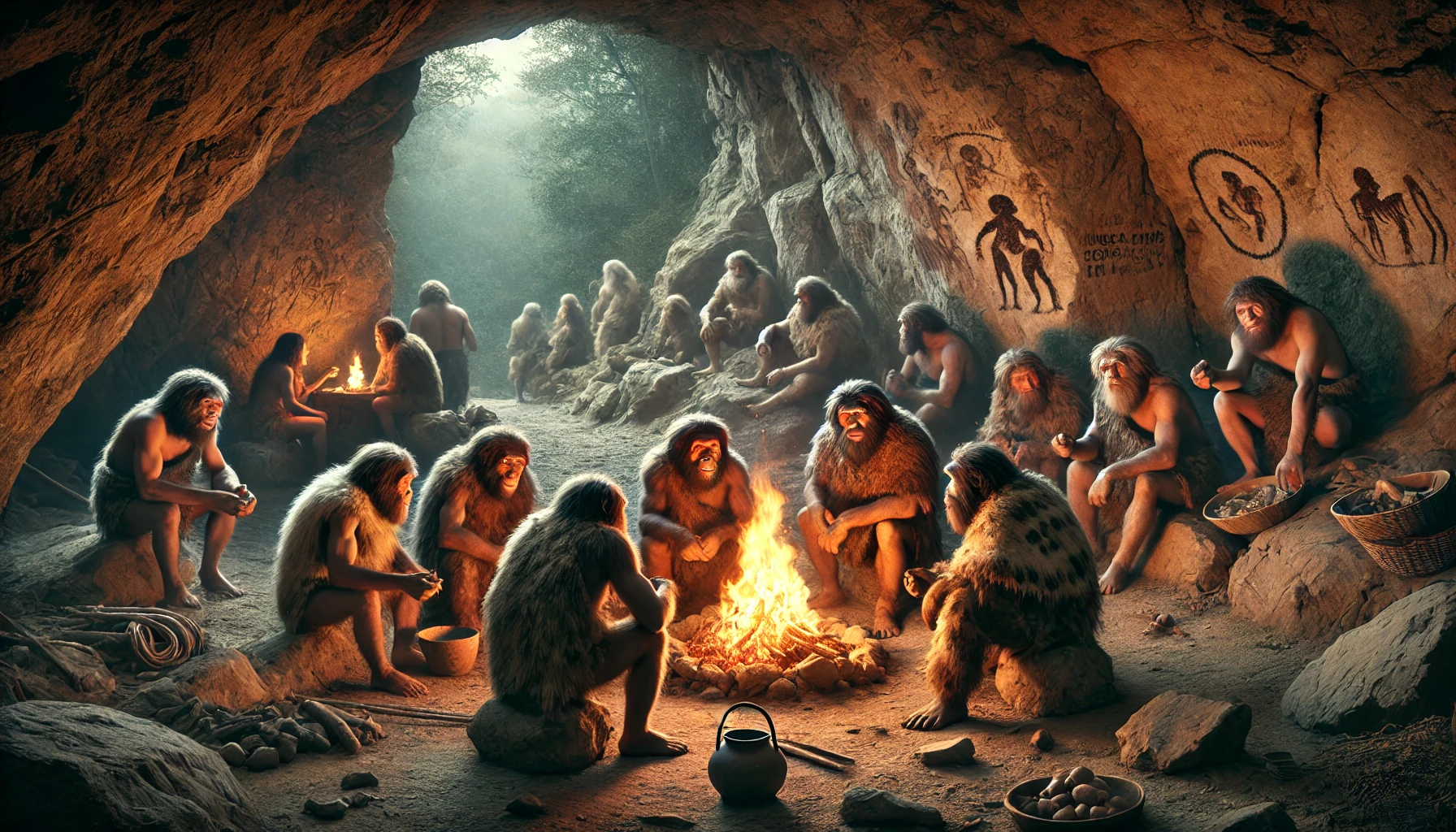
Disclaimer: This content was generated using AI. While I strive for accuracy, I encourage readers to verify important information. I use AI-generated content to increase efficiencies and to provide certain insights, but it may not reflect human expertise or opinions.
The Neanderthals, an extinct species of humans who lived thousands of years ago, are often portrayed in popular culture as primitive and unintelligent beings. However, recent research reveals a far more nuanced picture of these ancient relatives of modern humans. Neanderthals were far from the brutish stereotype once associated with them; they possessed a rich and complex culture, showcasing advanced survival skills, intricate social behaviors, and even the capacity for symbolic thinking. In this article, we will dive into the various facets of Neanderthal culture that make them a compelling subject for modern anthropologists, shedding light on their social structures, technological advancements, and much more.
Neanderthal Society: A Glimpse into Their Social Structures
Neanderthal society was likely more sophisticated than previously assumed. They lived in small, close-knit groups, often comprised of family units. These groups were essential for survival in harsh environments, and cooperation was key to their success as a species.
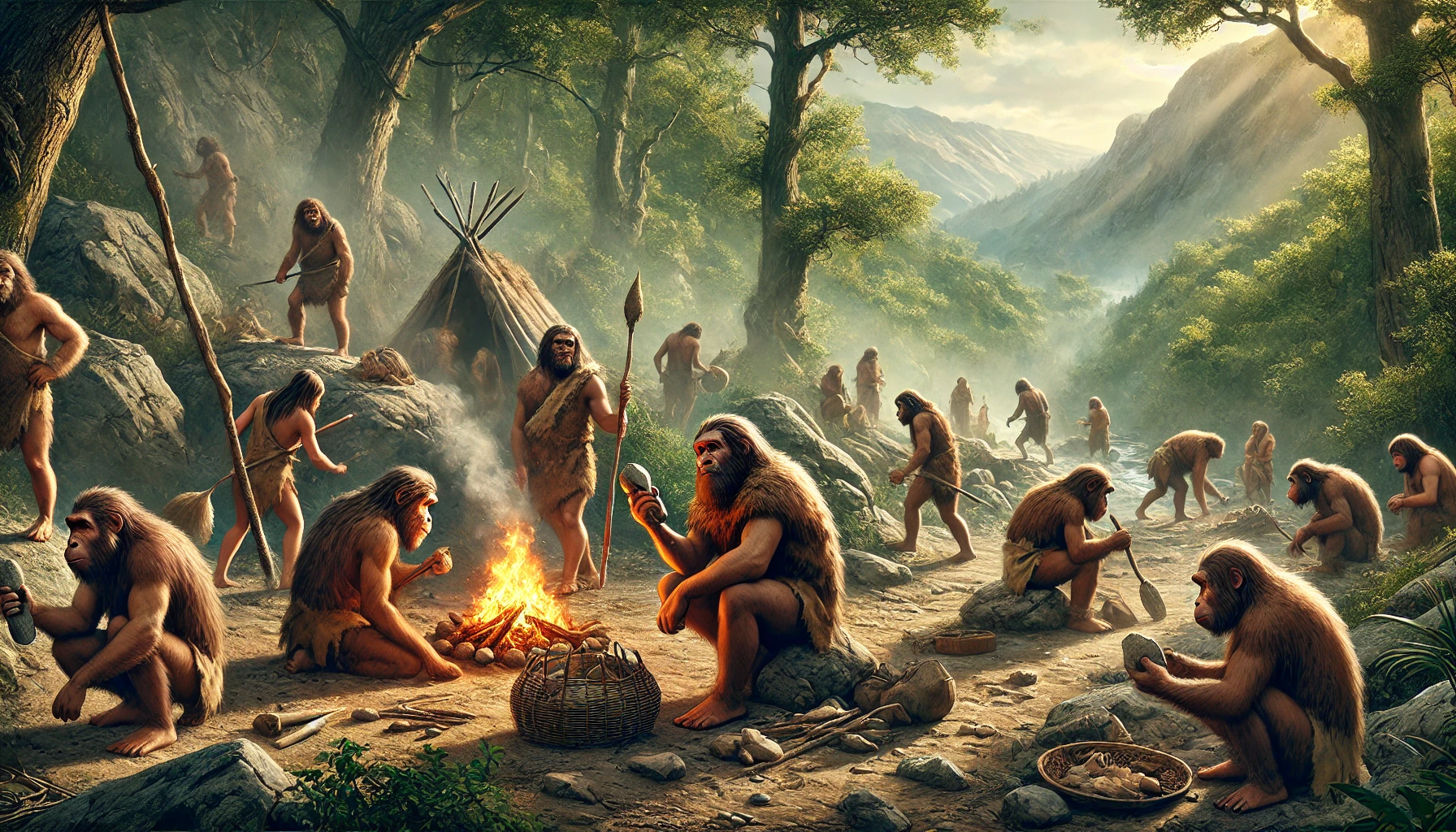
One of the main pillars of Neanderthal social life was communal care. Archaeological findings indicate that they took care of their elderly and injured, showing a strong sense of empathy and group responsibility. Skeletal remains with signs of healed injuries suggest that these individuals were nursed back to health, implying that Neanderthals prioritized the well-being of their group members.
Beyond mere survival, there are indications that Neanderthals had rituals and customs that strengthened their social bonds. Burial sites, some adorned with flowers and grave goods, indicate a belief system or an understanding of life and death that could parallel early forms of spirituality or symbolism. This level of social sophistication challenges earlier assumptions that Neanderthals lacked the cognitive capacity for complex social rituals.
Tool-Making Prowess: Mastering the Art of Survival
One of the defining characteristics of Neanderthal culture was their impressive ability to create and use tools. Far from being simple hunters and gatherers, Neanderthals were adept toolmakers, crafting sophisticated stone tools that were integral to their survival.
The most notable of these tools is the Mousterian stone tool industry, named after the site of Le Moustier in France, where many Neanderthal artifacts have been uncovered. Neanderthals developed a method known as Levallois technique, which allowed them to create tools with remarkable precision and sharpness. These tools were not only used for hunting but also for processing animal hides, woodworking, and creating clothing.
In addition to stone tools, evidence suggests that Neanderthals also utilized organic materials such as wood and bone to fashion tools. They were adaptable and innovative, tailoring their technology to the resources available in their environment. Their expertise in tool-making reveals a high degree of cognitive ability, which allowed them to thrive in the challenging landscapes of Ice Age Europe and Asia.
Communication and Language: Did Neanderthals Have Speech?
The question of whether Neanderthals had the ability to communicate using a spoken language has long intrigued researchers. Recent genetic discoveries and studies of their anatomy suggest that they might have possessed the necessary tools for speech, further indicating their complex social interactions.
The FOXP2 gene, which is associated with language and speech in modern humans, has been found in Neanderthal DNA. This genetic similarity implies that Neanderthals had the capacity for vocal communication, although the exact nature of their language remains speculative. Additionally, the structure of the Neanderthal hyoid bone—a crucial element for producing speech—supports the possibility that they could form words and sentences similar to modern humans.
While no direct evidence of a written language or symbolic communication has been found, the capacity for speech would have enhanced their ability to coordinate hunting strategies, share knowledge, and maintain social relationships. Language, in whatever form it took, would have been a powerful tool that contributed to the survival and success of Neanderthal groups.
Symbolism and Art: Creativity in the Ice Age
One of the most surprising revelations about Neanderthals is their ability to engage in symbolic thought and create art. For a long time, it was believed that only Homo sapiens had the capacity for creativity and symbolic expression, but recent archaeological finds have upended that assumption.
Evidence of Neanderthal art has been discovered in several caves across Europe. In Spain, for instance, abstract engravings and hand stencils dating back over 65,000 years have been attributed to Neanderthals. These markings, although simple, suggest a level of symbolic thinking that was once thought to be exclusive to Homo sapiens.
In addition to cave art, Neanderthals are believed to have adorned themselves with necklaces made from shells, animal teeth, and bones. These personal ornaments indicate a desire for self-expression and possibly even social status. Furthermore, the use of ochre, a reddish pigment, suggests that they may have painted their bodies or objects, engaging in a form of personal or group identity expression.
These findings challenge the outdated notion that Neanderthals were devoid of creativity. On the contrary, their artistic expressions reveal a culture rich with symbolic meaning, a trait that aligns them more closely with modern humans than previously thought.
Conclusion
The Neanderthals were much more than the primitive beings they were once portrayed to be. Their complex social structures, technological innovations, potential for language, and artistic expression all paint a picture of a species capable of thriving in harsh environments while engaging in meaningful cultural practices. As more discoveries come to light, it becomes increasingly clear that Neanderthal culture was not only fascinating but also an essential part of the human story.

